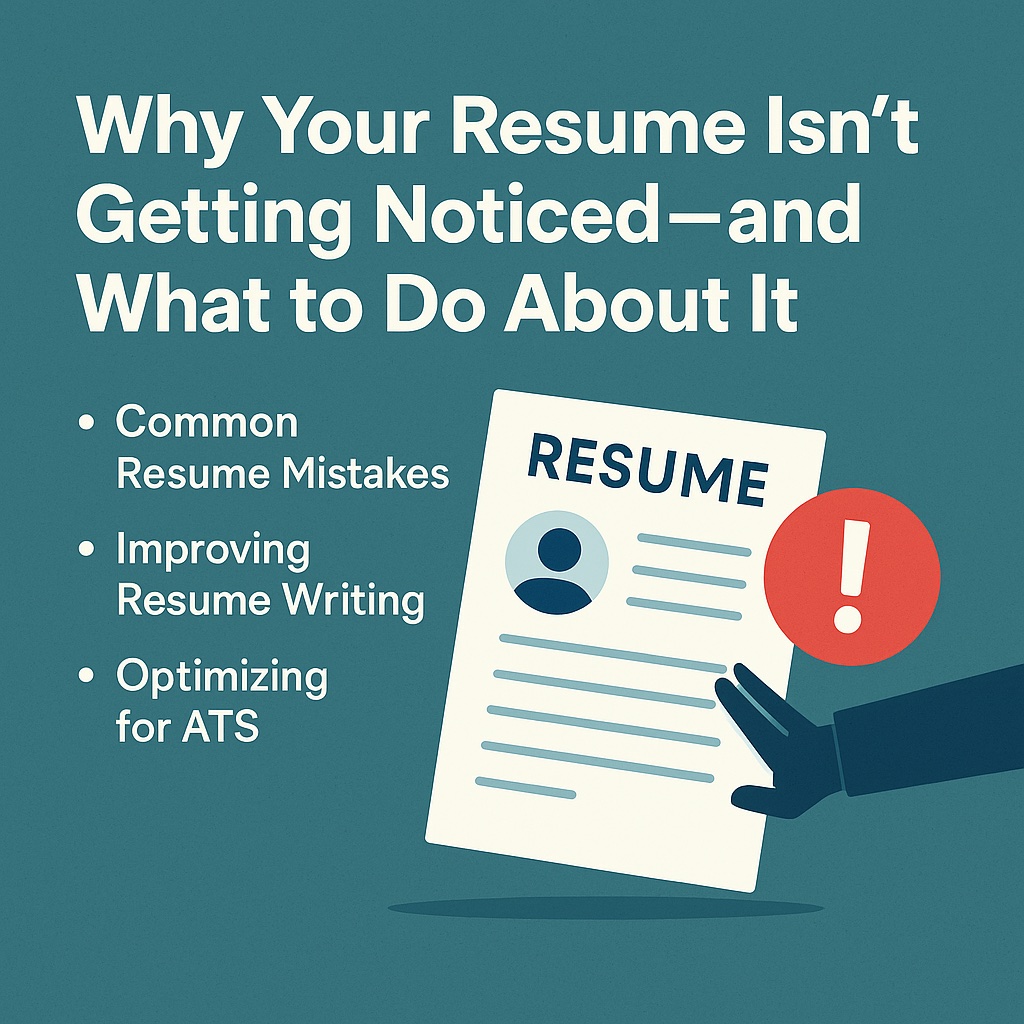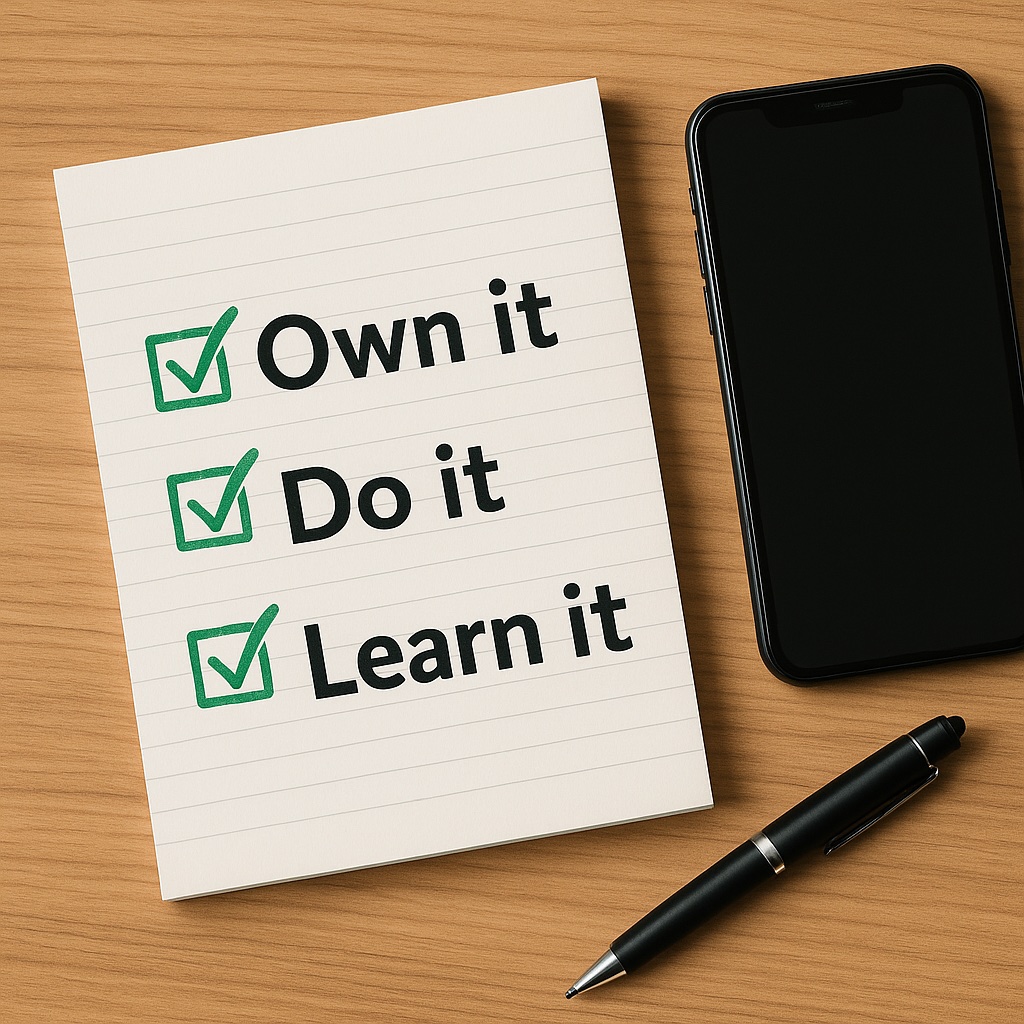Why Your Resume Isn’t Getting Noticed—and What to Do About It

Why Your Resume Isn’t Getting Noticed—and What to Do About It
You’ve probably heard it before: Recruiters only spend 6–8 seconds on your resume. That’s the average. But the reality behind this statistic is more complex—and more hopeful—than it seems.
If you’re not landing interviews, it’s not because you’re unqualified. It’s because your resume isn’t translating your value in the language today’s hiring systems understand.
Let’s break that down.
1. The Resume is Now a Marketing Document—Not Just a Career Timeline
A decade ago, resumes were a list of job duties. Now? They’re personal marketing tools. If your resume doesn’t clearly communicate your personal brand, unique value proposition, and career achievements in a clear and strategic way, it gets passed over.
This is why modern resume writing is more than just “updating your work history.” It’s about positioning. Every bullet point, every job title, and every keyword must align with what the employer is looking for.
Resume keywords matter. So does context. So does how you’re shaping your narrative.
2. The ATS Isn’t the Enemy, But It’s Not Your Friend Either
Most employers today use an Applicant Tracking System (ATS) to manage incoming resumes. That means your resume needs to be keyword-optimized for each application.
Pro tip: Keywords should appear in two ways—first, woven naturally into your professional narrative (e.g. accomplishments and responsibilities), and second, included in a dedicated keyword section like LinkedIn’s “Skills” area. Both improve visibility and signal alignment with the job description.
Padding the resume with keywords isn’t bad—if it’s done smartly. A well-crafted resume can carry both substance and keyword density without sacrificing clarity or flow.
3. Generic Resumes Are Dead. Targeted Ones Win Every Time.
If you’re using the same resume for every job, you’re not job searching—you’re hoping.
Successful candidates tailor their resume content to each role, even if just slightly. That doesn’t mean rewriting from scratch. But it does mean aligning your resume’s messaging to match the job description’s intent.
Ask yourself: What problem is this employer trying to solve? How does my experience solve it?
That’s resume writing with purpose.
4. Achievements Speak Louder Than Responsibilities
“I managed a team of five” doesn’t cut it anymore.
Try this instead: “Led a team of 5 to deliver a $1.2M infrastructure upgrade 3 weeks ahead of schedule, improving regional uptime by 32%.”
The second version has metrics. Action. Outcomes. It’s what hiring managers are scanning for. Great resume writers know how to transform routine tasks into career-defining wins.
5. Job Search Trends Are Changing—Your Resume Should Too
In 2025, job seekers are navigating a landscape shaped by AI screening, remote-first hiring, and highly competitive application pools. To succeed, your resume needs to evolve.
The best resumes today are:
- Strategically written, with strong resume keywords and industry-aligned terminology.
- Value-driven, with a clear emphasis on what you achieved—not just what you were responsible for.
- Optimized, both for people and machines.
- Targeted, not templated.
- Outcome-focused, with quantifiable results.
Final Word
If your resume hasn’t evolved in the last year, it’s probably outdated.
If you’ve never evaluated it from the perspective of modern hiring systems, you might be invisible—and not even know it.
The strongest resumes aren’t just written. They’re engineered. And they evolve with the job market.





